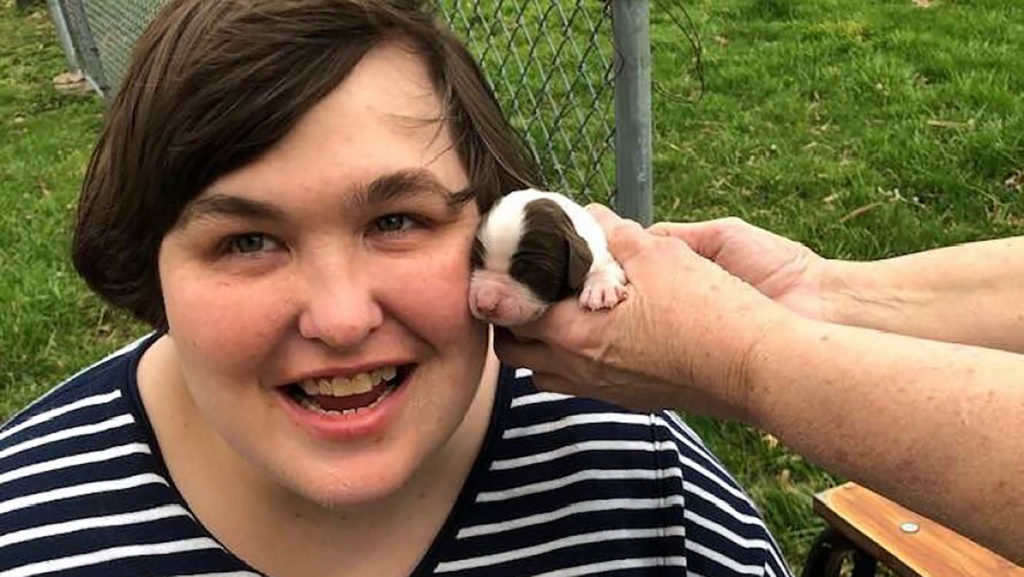The topic on WXJC’s “Priority Talk” for Dec. 3 was what host Greg Davis called “the marijuana issue.”
Christine Carr, an advanced practice nurse specializing in critical care, anesthesia and pain management, who also works with Drug Free Alabama, joined Joe Godfrey, executive director of Alabama Citizens Action Program, to discuss the recent passage of marijuana legislation in Alabama.
“I wasn’t paying attention at first,” Carr said. “I was returning from New Orleans where one of our children was getting treatment when I heard about the bill sailing through the Senate. In years past, this legislation was soundly defeated, and I thought Alabama would stay a safe place to raise my kids.”
Godfrey said the process began with Carly’s Law in 2014.
“We supported this bill because it went about things in the right way,” he recalled. “It allowed research at UAB to determine how to help suffering children, but then there was Leni’s Law that we didn’t support and took some heat over [signed by Gov. Robert Bentley in 2016]. It didn’t follow the science. I told the legislators that if the bill passed, the industry would keep pushing for recreational marijuana in Alabama. I think we’re seeing that.”
Godfrey noted the COVID-19 season made it difficult to talk with legislators.
“We weren’t allowed in the state house as before, and at the hearing, the experts we supplied were rudely treated.”
He said the bill passed last spring was largely the work of Sen. Timothy Melson (R-Florence).
“I don’t think our legislators understood both sides of the issue, but only the side Sen. Melson gave them,” Godfrey said. “What they kept talking about was ‘compassion,’ and that sold the bill.”
Concerns
The 14-member Alabama Medical Cannabis Commission was established by the bill and given authority to administer and enforce the laws and rules relating to medical marijuana. The commission has until Sept. 1, 2022, to create a system that allows people to apply for licenses to produce, transport and sell the drug. The commission will also be tasked with establishing standards like how the drug should be packaged and labeled; chain of custody requirements; and how the drug can be advertised and marketed by dispensaries.
For her part, Carr worries the Alabama bill doesn’t go far enough in regulating cannabis derivatives.
“Reliable studies show that ‘pharmaceutical grade’ marijuana that is FDA approved is helpful in treating epilepsy about half the time,” Carr noted. “You cannot get this from a dispensary, and what they sell can cause complications.”
Carr is the mother of a special needs child and has another child with epilepsy, and her objections aren’t against parents or children, but against an industry.
“This bill is badly written, and it should be repealed,” she said. “Lobbyists exerted huge pressure on our legislature to get this done.”
‘Big marijuana’
Godfrey said “big marijuana” is just like “big tobacco” in influencing legislation.
When Davis asked Carr what should be changed in the bill, she replied that it allows 19 year olds to get a “marijuana card” too easily.
“The frontal lobe of a young person isn’t fully formed until later, so the card should only be available to 25 year olds,” Carr said. “THC gets into the body’s system and can cause not only addictions, but damage. The suspect in the recent Waukesha [Wisconsin Christmas parade] tragedy had multiple exposures to marijuana.”
Carr said a patient in need of marijuana should be followed by a specialist for at least one year, and the specialist should consult with the cannabis doctor.
“Another issue is [that] those 19 year olds with the card could share the drug with friends, or even with younger siblings in their homes,” Carr noted.
“Cannabis primes certain receptors in the brain to desire more, but it’s preparing the mind for more failure,” she said. “We’ve seen an increase in child abuse deaths due to cannabis. That’s why I call it a ‘biochemical slave master.’”
Educating the public
Godfrey said churches, teachers and school administrators must get involved to educate the public.
“This is a moral issue,” he explained. “Scripture calls us to be ‘sober-minded.’ Marijuana is an addictive drug and a mind-altering drug. This will impact our churches when we have more and more addicted persons who come to us for help.”
Carr said Christians should call their representatives and urge them to “fix the wrong.”
“And outside Montgomery, we should contact city councils and county commissions,” she added. “This law doesn’t allow dispensaries unless city or county government approves. And we should pray against an industry that is valuing money over people.”
For more information Carr suggested contacting Alabama Citizens Action Program (alcap.com) and the International Academy on the Science and Impact of Cannabis (iasic1.org).
WXJC broadcasts at 101.1 FM and 850 AM. Davis’ show airs from 3 to 5 p.m. weekdays and podcasts are archived at myhopenow.com.






Share with others: